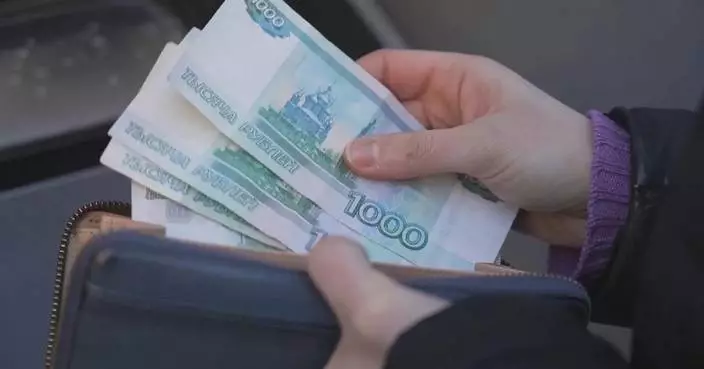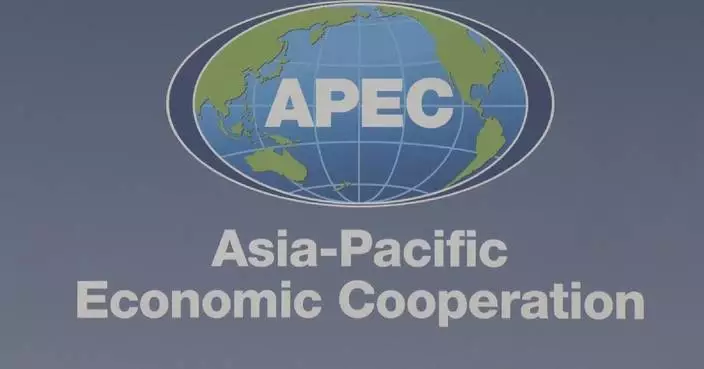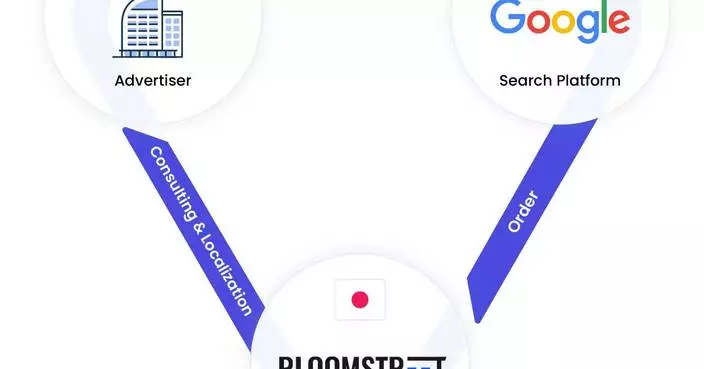China's "Ice City" Harbin in Heilongjiang Province is welcoming tourists from around the globe with hospitality and attentive service during the booming winter tourism season.
To meet the needs of surging tourists, the local transportation authorities opened eight dedicated tourist lines. The sightseeing buses nearly cover all the famous attractions in Harbin. "When passing the scenic spots, the tour buses can stop and give some time for tourists to take photos, enhancing their experience," said Hu Haibin, staff member of a local bus company.
As the 9th Asian Winter Games is approaching, the influx of tourists to Heilongjiang Province is on the rise, with popular destinations like Yabuli and Snow Village entering their peak tourism season.
The railway department has increased their capacity by opening more lines to facilitate the tourists.
"We are a family of four taking the high-speed train to Yabuli for vacation. This is very convenient, and we are really looking forward to this trip to Yabuli," said Sheng Na, a tourist.
Apart from improving transportation, local authorities are also taking measures to impress tourists with warm hospitality during the cold winter.
In tourist attractions such as Central Street, many businesses along the street have prepared hot water for tourists to drink.
"As more people come, we are treating them like guests, allowing them to enjoy the scenery while also feeling the warmth of local people," said Tian Yu, a business owner.
This year, many traditional tourist attractions in Harbin have transformed with new scenes and formats.
A number of innovative restaurants have opened on Central Street to enhance the visitors' experience and boost local business.
Meanwhile, tourists can not only enjoy the magnificent architecture at the Sophia Square, but also watch live performances and interactive light shows.
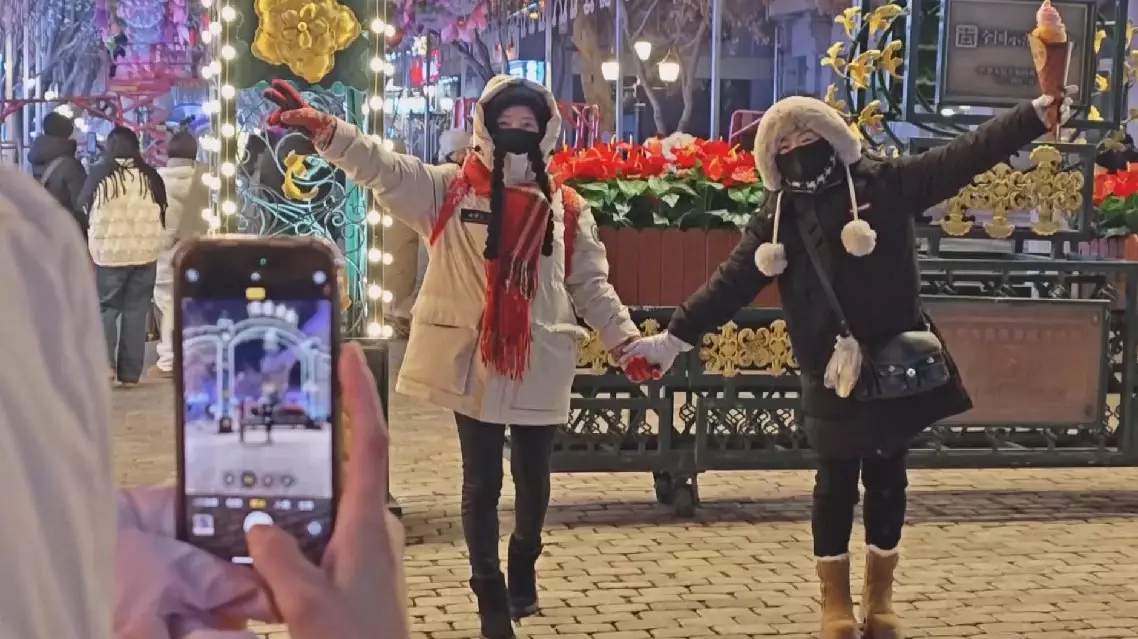
China's "Ice City" embraces tourists with warm hospitality
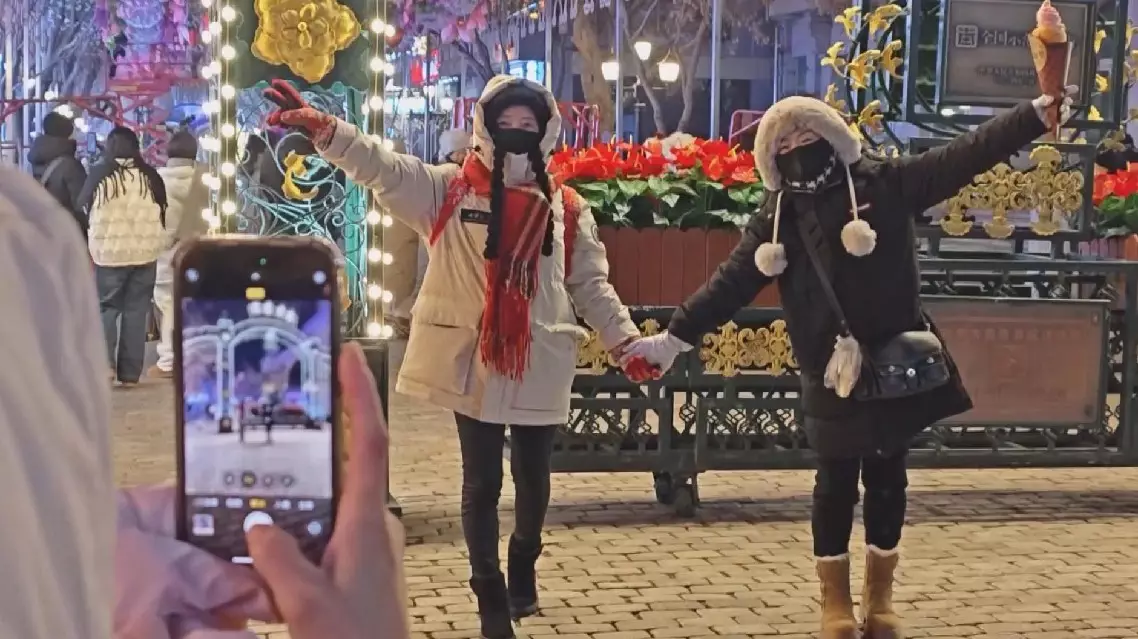
China's "Ice City" embraces tourists with warm hospitality




